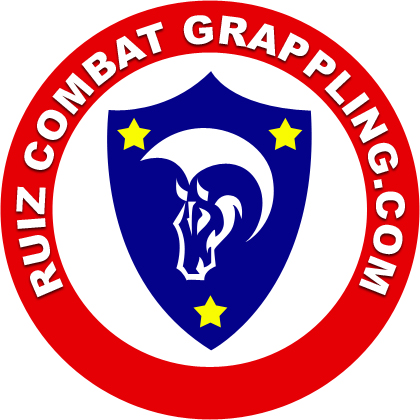championships, and 17 National championships.
In a country that prides itself on one-hit Olympic wonders and some time world medalists Bruce deserves much more recognition than he often receives. He was never a flashy wrestler but he consistently represented himself and the
Unites States in world and Olympic competition. For years the US took for granted the medals that Bruce would bring home in the heavyweight division.
I only had one opportunity to watch Bruce Baumgartner live in action. I was fortunate enough to see him dominate Tom Erikson in the finals match of the 1995 national championships held in Las Vegas, Nevada. Erikson would later go on to become a Mixed Martial Arts champion.
Bruce was a force of nature and was the biggest human being I had ever seen. He was big and powerful. He exuded determination and acted and performed with a purpose.
The thing that stood out most to me about him wasn’t his obliteration of Erikson but that after he had finished winning his national title he continued training. He began vigorously jumping rope; he ran sprints up and down the arena floor. He had a look of steel on his face. His determination was incredible. He was preparing for the 1995 freestyle world championships which were going to be held in Atlanta, Georgia. Bruce went on to win the world championships that year as well.
His example stuck with me for years and it was one of the more influential things I’ve witnessed as a wrestler.
Resources: Bruce Baumgartner
http://en.wikipedia.org/wiki/Bruce_Baumgartner
http://www.brucebaumgartner.com/
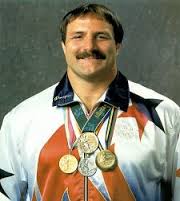
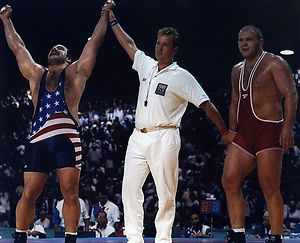
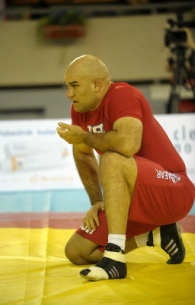
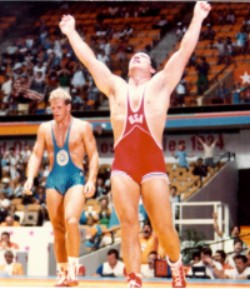
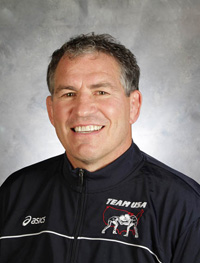
 RSS Feed
RSS Feed
